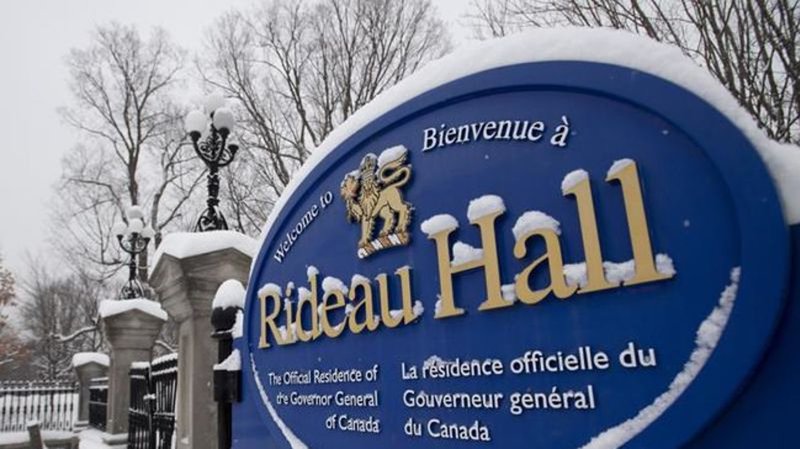
PM announces Inuk leader Mary Simon as Canada’s next GG
OTTAWA — Mary Simon, an Inuk leader and former Canadian diplomat, has been named as Canada’s next governor-general — the first Indigenous person to serve in the role.
“It is only by building bridges, bringing between people in the North and South, just like in the East and West, that we can truly move forward,” Prime Minister Justin Trudeau said Tuesday after he made the announcement at the Canadian Museum of History in Gatineau, Que.
“Mary Simon has done that throughout her life. I know she will help continue paving that path ahead. And we will all be stronger for it. Today after 154 years, our country takes a historic step. I cannot think of a better person to meet the moment.”
He said Queen Elizabeth has approved the appointment.
